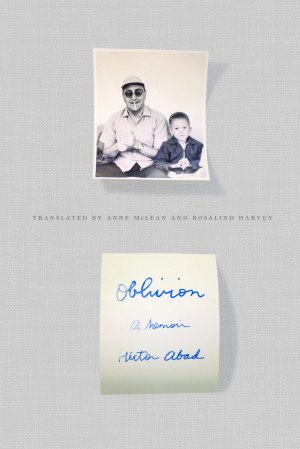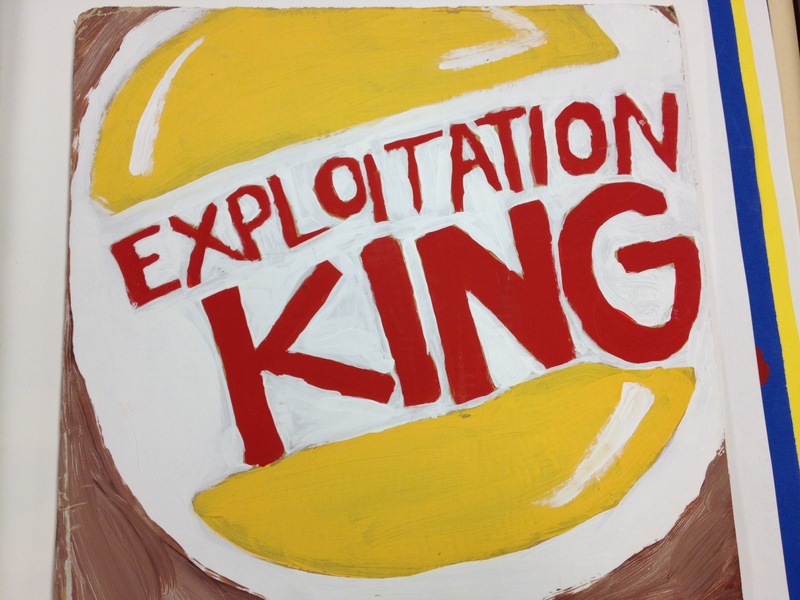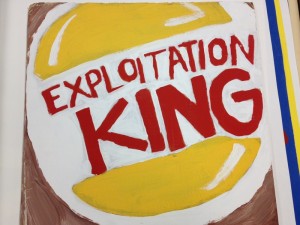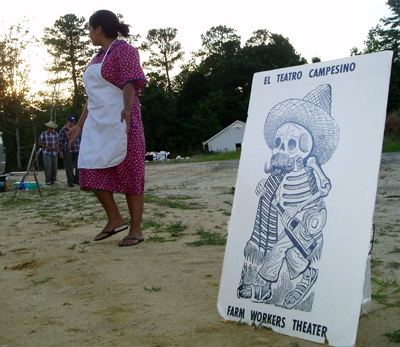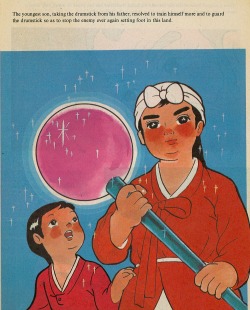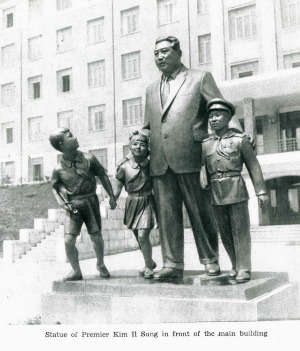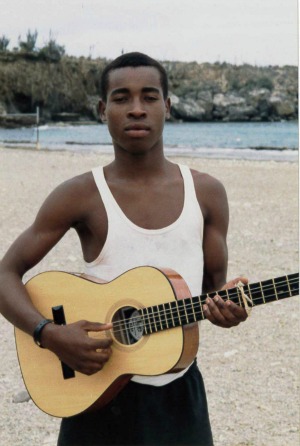 The Southern Poverty Law Center’s Intelligence Project has donated its extensive collection of materials documenting extremist and hate groups in the United States to the David M. Rubenstein Rare Book & Manuscript Library at Duke University.
The Southern Poverty Law Center’s Intelligence Project has donated its extensive collection of materials documenting extremist and hate groups in the United States to the David M. Rubenstein Rare Book & Manuscript Library at Duke University.
The collection includes nearly 90 boxes of periodicals, pamphlets, flyers and other documents intended for distribution to group members and recruits over the past 30 years.
At the Rubenstein Library, the collection will allow researchers to examine the histories of hate groups and efforts to monitor and infiltrate them adding to the Library’s Human Rights Archive, its rich collections for social movements in the United States, and its large existing collection of materials documenting the Ku Klux Klan from the 1860s to the present day.
The SPLC collection includes materials on many types of extremist groups such as neo-Nazis, the Ku Klux Klan, white nationalists, neo-Confederates, racist skinheads, black separatists, border vigilantes and others.
“We are very excited that Duke University’s David M. Rubenstein Rare Book & Manuscript Library has decided to house the extremist materials we’ve been collecting for decades,” said Heidi Beirich, director of the SPLC’s Intelligence Project. “We are especially pleased that these relatively rare materials will finally be made available to scholars who research America’s radical right. We look forward to learning from their scholarship.”
The collection will be made available to researchers after being prepared for use by the Rubenstein Library staff.
The SPLC Intelligence Project has been called “one of the most respected anti-terror organizations in the world” by National Review. It monitors hate groups and other extremists throughout the United States and exposes their activities to law enforcement agencies, the media and the public. The project posts its investigative findings online, on the Hatewatch blog and in the Intelligence Report, an award-winning quarterly journal. The Project has crippled some of the country’s most notorious hate groups by suing them for murders and other violent acts committed by their members.
This post previously appeared on Duke Today.





